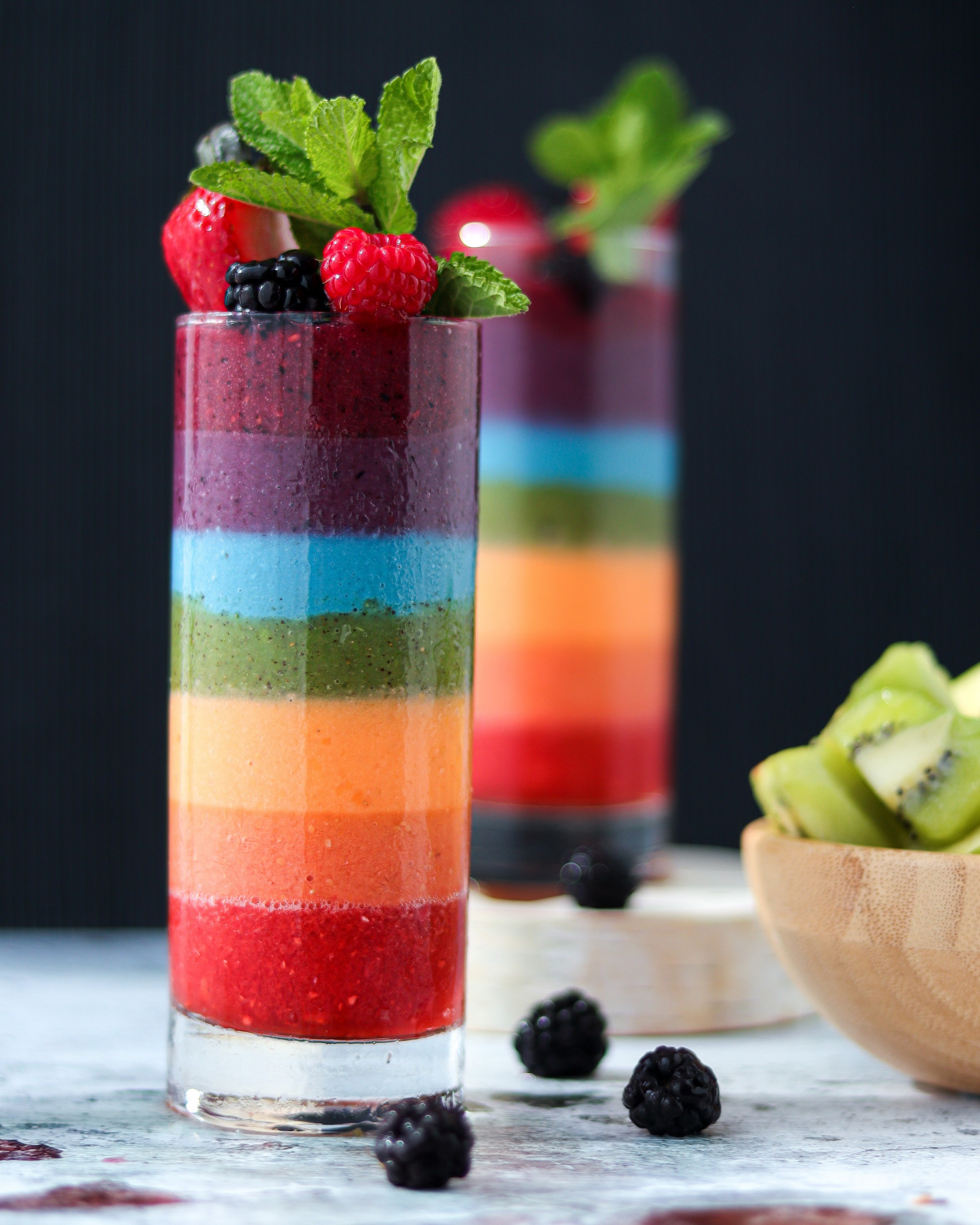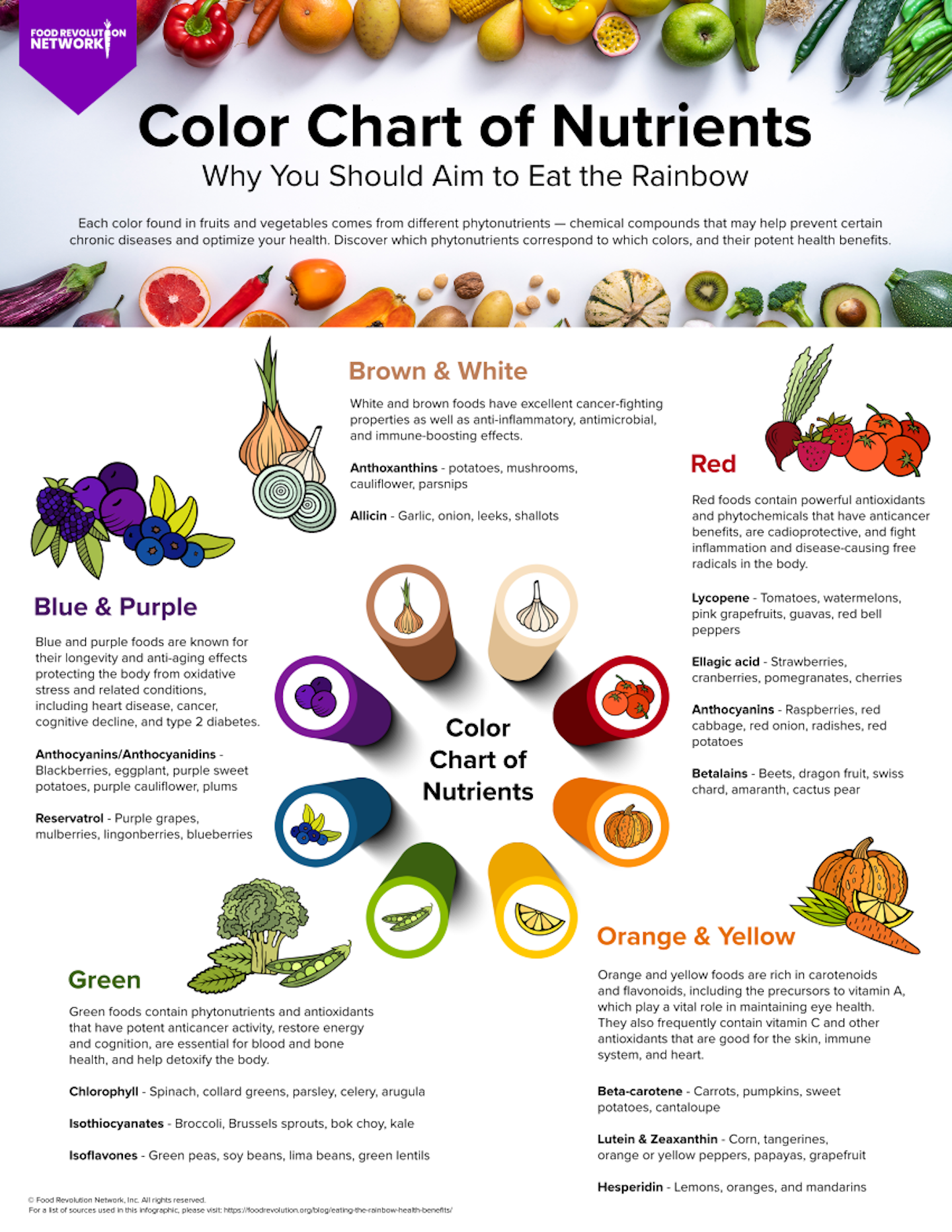
If you could get 100% of your nutrient needs from a pill rather than food, would you? The better question isn’t whether you would, but whether you should. Supplement companies make up a multi-billion dollar industry, with one in three Americans taking a daily vitamin or mineral. While possibly more convenient, relying on a supplement rather than food might not be as effective as you think.
Theoretically, if you consumed a diet that was full of fruits, vegetables, lean proteins, and whole grains, you would not need a supplement. The exception to this would be medical reasons such as pregnancy, a vegan diet, gastric bypass surgery, or malabsorption, to name a few. A balanced diet provides everything you need to grow and maintain your health. It also reduces your risk of many disease states such as high blood pressure and cholesterol, diabetes, and certain cancers. All too often, I hear people use supplements as a justification to eat however they would like, which often means a diet comprised of pizza, takeout, and processed snack foods. The thought process here being that if you are still getting all of your vitamins and minerals, you don’t actually have to eat your vegetables. In this case, the multivitamin is just a bandage for a much larger problem. Even if you are theoretically getting all of your nutrient needs from a supplement, consuming a diet high in saturated fats, added sugar, and salt can lead to chronic diseases, decreased quality of life, and a shorter lifespan.
In the first diet example, vitamin and mineral supplements are unnecessary and can even be harmful. Some vitamins, called water-soluble vitamins, won’t harm you if you take in too much. One of the most common supplemented water-soluble vitamins is Vitamin C. If you ingest too much, you will simply make needlessly expensive urine. Other supplements, like fat-soluble vitamins and minerals, can be toxic if you take too much, or they can even reduce absorption of other needed nutrients. One highly studied example is that of iron and zinc. Zinc is popular in many products that advertise improved immune system function. These two minerals compete for the same binding sites in the digestive tract. These binding sites are necessary for the mineral to function. There are typically plenty of binding sites for both nutrients to bind. However, when we take in high levels of one of the competing nutrients, which happens often with supplements, then one prevents the other from binding. For example, if I take an immune supplement every day that contains zinc, then zinc could potentially take up the majority of the binding sites and I might become iron deficient. It is important to always talk to a doctor before taking a supplement.
It is also important to note that the laws governing supplement regulation are not as strict as with other medications. There might be ingredients in the supplement that you didn’t bargain for that could be detrimental to your health. Companies such as the National Science Foundation (NSF) have developed strict standards for nutrition supplements. To be awarded the NSF quality seal, a supplement's ingredients must match the label, it cannot contain unsafe levels of contaminants, it does not contain a banned substance (as determined by major athletic organizations), and it must be produced in a facility that is inspected on a regular basis for quality and safety. NSF has a tool available on their website to look up supplements and you can also look for their seal on the supplement bottle.
While there is still much debate on the role of supplements in our diets, one thing that can be agreed on is that it is better, if possible, to obtain your nutrients from food. Whole foods contain a more complex nutrient panel that may allow for better absorption and utilization of the nutrients. Whole foods also contain fiber, antioxidants, carotenoids, and flavonoids. The Eat the Rainbow Campaign was established as a way to encourage a more well-rounded, nutritious diet. I love this handout created by the Food Revolution Network:

Hardly anyone will consume a perfect well-rounded diet every day. With busy schedules, it can be difficult to find time to meal plan, cook, and go to the grocery store. While a vitamin or mineral should not take the place of a healthy diet, it is okay to supplement your lifestyle with a daily multivitamin. If you have questions about supplementing a particular nutrient, please see a doctor or a registered dietitian prior to taking it.
If you have questions about how supplements play a role in your nutrition, PUSH511's nutrition coaches can help you!
About the Author

I am a Licensed Registered Dietitian with experience in critical care, cardiology, weight loss, allergy services, and food service. I graduated from Penn State University with a BS in nutrition and finished my RD training at University of Maryland. I am currently in PA school and am looking forward to combining my love of nutrition with medicine. After moving to Baltimore in 2019, I did a trial class at PUSH511 Fitness as I was looking for accountability and to meet new people. When I walked into the gym for the first time, everyone was congregated on one side cheering on a member who was struggling with ring muscle-ups at the end of the workout. It was such an uplifting moment to witness. I left the gym that day in dire need of ginger ale, but also very excited about this amazing and supportive community I had stumbled upon. I am grateful for this opportunity to give back and share my love of nutrition!
Sources
https://www.medicalnewstoday.com/articles/324956
https://www.ncbi.nlm.nih.gov/pmc/articles/PMC6366563/
https://www.centrum.com/learn/articles/food-and-nutrition/food-vs-vitamin-comparison/
https://academic.oup.com/jn/article/132/7/1860/4687407
https://ods.od.nih.gov/factsheets/WYNTK-Consumer/
https://www.nsfsport.com/our-mark.php
https://foodrevolution.org/blog/eating-the-rainbow-health-benefits/


